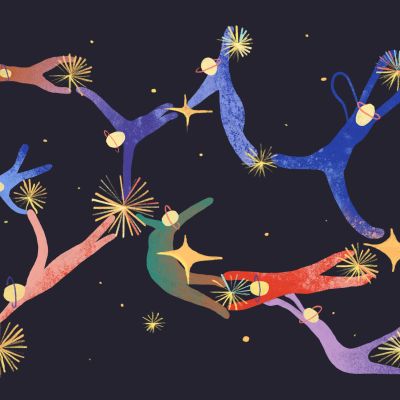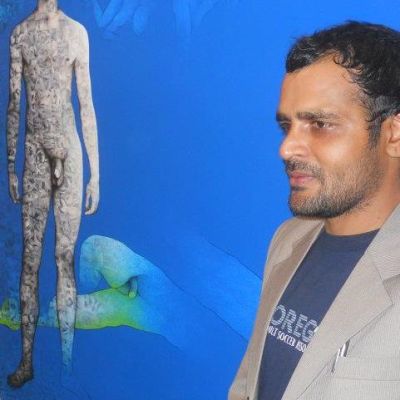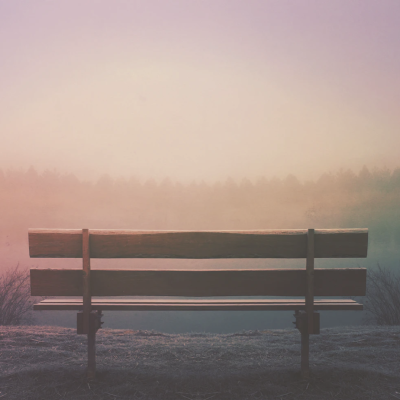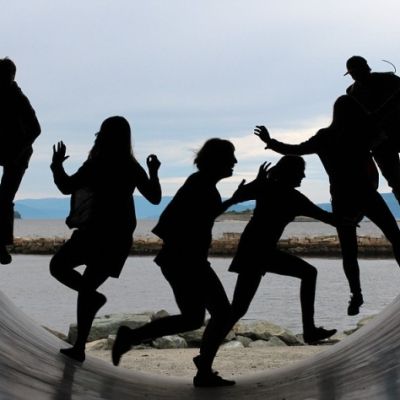Activism
The only hitch was that neither the agents nor the landlords who lurked behind those rentable flats were particularly keen on leasing their precious properties to a – what! Divorcee??!! No, no, madam, but this flat is only for families.
घरेलु हिंसा विषय पर काम कर रही एक नारीवादी संस्था के साथ सामाजिक कार्यकर्ता के रूप में अपने करियर के…
The most satisfying spiritual and sexual experiences I’ve had were not in my twenties, thirties or even forties. They have been in my 50’s. The most insightful spiritual insights, and the most orgasmic orgasms have both arrived in middle age.
विकलांगता के साथ जी रहीं महिलाओं (Women with Disabilities/WWD) को यौन और प्रजनन संबंधी स्वास्थ्य देखभाल और अधिकारों पर ज़रूरी बाचीत
हमारा मानसिक स्वास्थ्य सिर्फ़ हमारी इकलौती ज़िम्मेदारी नहीं है बल्कि उन संस्थाओं और व्यवस्थाओं की भी ज़िम्मेदारी है जिनका हम हिस्सा हैं। इसलिए हमारी सेहत और ख़ुशहाली बनाए रखने के लिए इनका योगदान ज़रूरी है।
बलबीर कृषन भारत के उन समकालीन कलाकारों में से एक हैं जिन्होंने सांप्रदायिक हिंसा, आपदाओं, जेन्डर आधारित हिंसा, यौनिकता और…
Growing up, for me, has been about accepting that the loneliness and sadness woven into the fabric of my being do not go away with entering conventional arrangements like monogamous relationships or marriage.
मां बनने के बाद से आत्म-देखभाल पर मेरे नज़रिये में बहुत बदलाव आया है। एक अभिभावक की भूमिका निभाते हुए और उसकी चुनौतियों का सामना करते हुए अपना ख़्याल कैसे रखा जा सकता है?
What I am proposing here is to look at being in a relationship and being single together because what is important here is the idea of ‘be-ing’ as opposed to the stereotypes and perceptions attached to our relationship with ‘the One’ or to singlehood.
I believe that queer friendships and intimacies are sheer resistance, which not only swallow the despair and pain that might be perpetrated on gender-nonconforming people by their families, but also recognise all the lies about love that have been sold to us.
By the end of the evening, the room was suffused with the celebration of singlehood, rather than any explanation or apology for it. It appeared that the solitary life was envied and extolled by those who have opted out of it as well as many who haven’t.
What does it mean to hold space and extend compassion to ourselves and our communities? Rachel Cargle reminds us to ask ourselves: who would we be if we weren’t trying to survive? Similarly, what would care and vulnerability look like if we weren’t trying to survive? The anarchy of queerness constantly and necessarily resists the capitalist engineering of the Survival Myth: one that wants us to endure an isolated life instead of embracing it with the radically transformative joy of togetherness. Caring for yourself precedes, succeeds, and exists alongside caring for the collective.
What are the acts of reading that we allow young people, that we allow each other? And what does that say about the worlds we want and need?
Working as a sexuality rights activist in a repressive environment can take a huge toll on people’s wellbeing. It is therefore important that we as social workers, activists, advocates and everyone else involved in this work take care, take care of ourselves and each other, be supportive, give that extra push to someone who needs it, and allow ourselves to make mistakes.
Boys standing up to their fathers are invitations to patriarchy When boys become men it is marked by celebratory loud…















